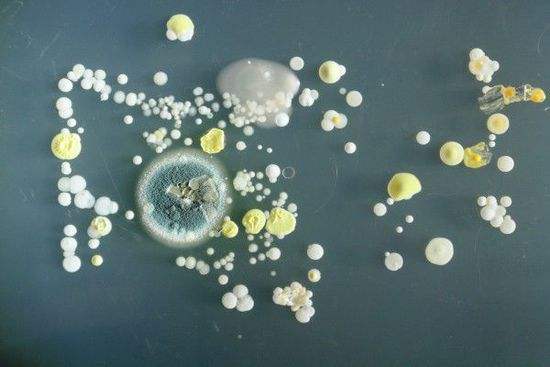Bacteria do it all the time without fuss, and thank goodness, for no larger organism could survive without the nitrogen they pass on. Above all, microbes continue to provide us with the air we breathe and to keep the atmosphere stable. Microbes, including the modern versions of cyanobacteria, supply the greater part of the planet's breathable oxygen. Algae and other tiny organisms bubbling away in the sea blow out about 150 billion kilos of the stuff every year.

And they are amazingly prolific. The more frantic among them can yield a new generation in less than ten minutes; Clostridium perfringens, the disagreeable little organism that causes gangrene, can reproduce in nine minutes. At such a rate, a single bacterium could theoretically produce more offspring in two days than there are protons in the universe. "Given an adequate supply of nutrients, a single bacterial cell can generate 280,000 billion individuals in a single day," according to the Belgian biochemist and Nobel laureate Christian de Duve. In the same period, a human cell can just about manage a single division.












